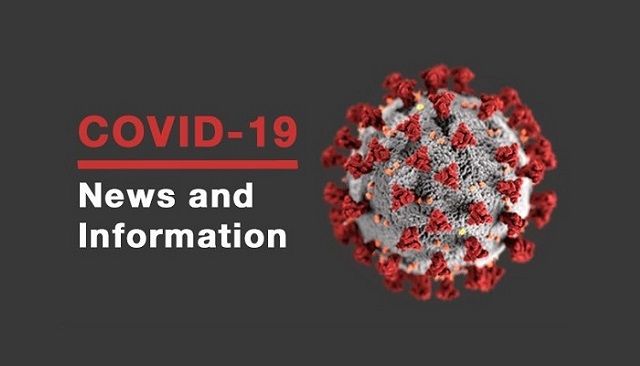Decomposition and Spatiotemporal Analysis of Barriers to Healthcare Access among Women of Childbearing age in Nigeria, 2003 – 2018
Four consecutive rounds (2003-2018) of Nigeria Demographic and Health Surveys were used for this cross-sectional design study. Subjects were selected using a multi-stage cluster sampling technique. BHA classified into small and big barrier was generated based on 4 questions: getting permission to go for treatment, getting money needed for treatment, distance to health facility, and not wanting to visit health facility alone. Data were analyzed using Bayesian LRM, Wagstaff decomposition, and ArcGIS version pro-2.7 (α=0.05).
Respondents’ mean age ranges from 31.8±8.75 years in 2003 to 33.6±8.25 years in 2018. Experiencing big BHA was 41.0% (2003), 67.2% (2008), 52.7% (2013), and 53.7% (2018) among the women and was higher in the rural areas across the survey years. In 2018, the percentage of women who experienced big BHA was highest in the North-East (72.0%) and least in the South-West (33.5%). The odds of big BHA reduced consistently with increasing level of education. Having final say on own health care was protective against big BHA (p<0.001). Education, religion, media exposure, wealth, residence and region were the common predictors of big BHA across the survey-rounds (p<0.001). Factors that contributed mostly to wealth inequality in big BHA from year 2003 to 2018 included education (36.7%), partner’s education (41.1%), and residence (35.5%).
High proportion of women in Nigeria have big BHA, but hot-spot for big BHA was mostly prevalent in the North West, North East, and South East geopolitical zones. Efforts should be geared towards alleviating BHA in Nigeria.
Keywords: Health care access, Maternal health, Barrier to health care, Nigerian women


